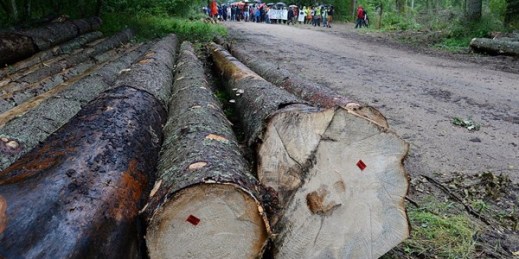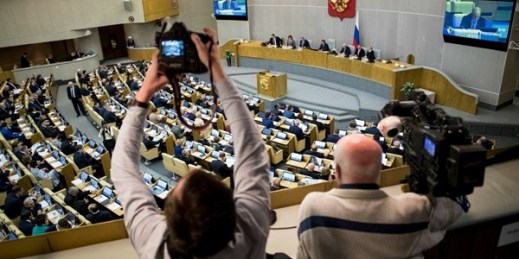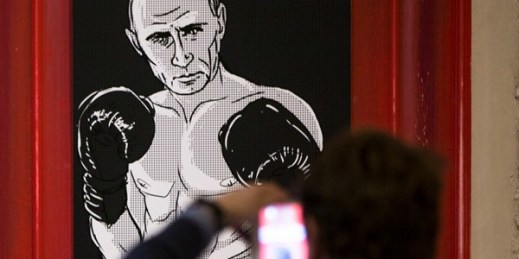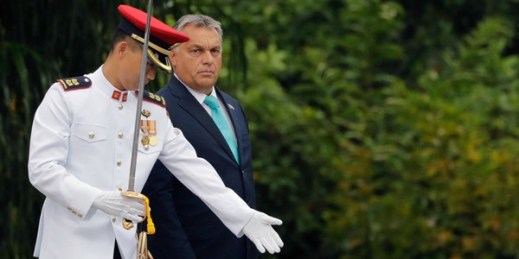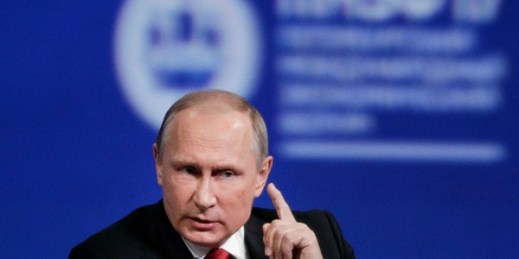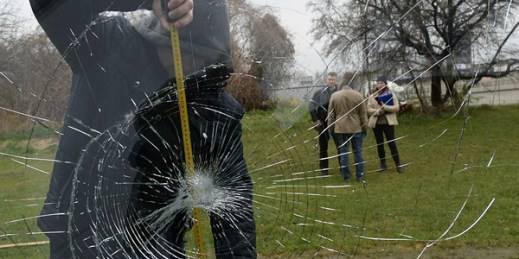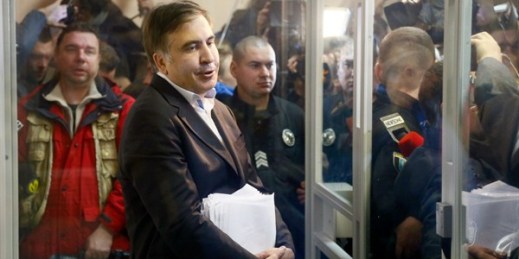
The conflict in Ukraine, which has raged for more than four years since the Maidan uprising of November 2013, is often portrayed as a clash between the West, which favors greater integration with Europe and the United States, and the East, which favors ties with Russia. But it is degenerating into a clash of egos jockeying for control of a corrupt, dysfunctional state that outside powers other than Russia are barely invested in anymore. Consider the case of Mikheil Saakashvili, the controversial U.S.-educated former prime minister of Georgia, who in May 2015 was appointed governor of the Odessa region on […]

